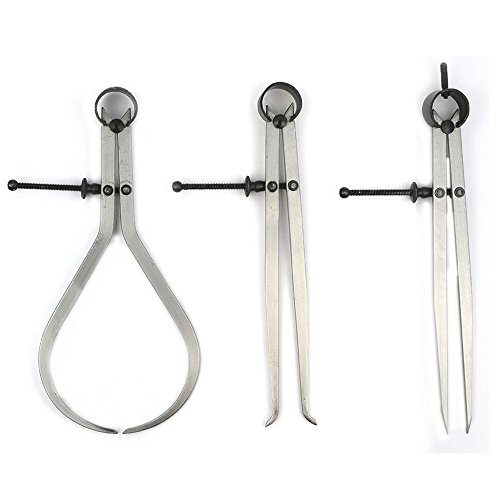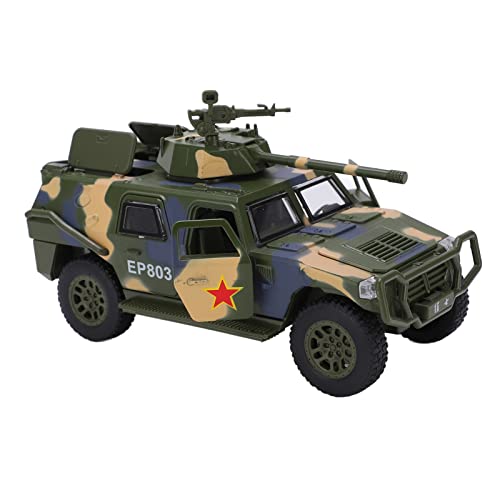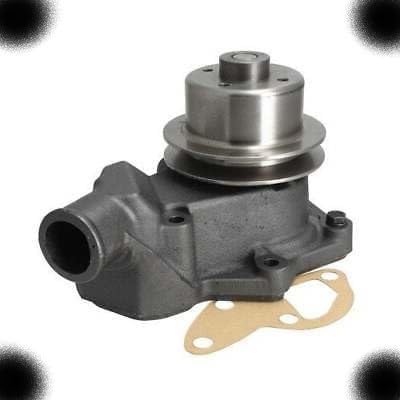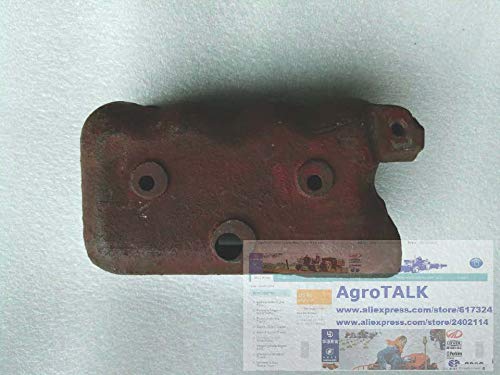My end goal engine is a 1/6 scale mitsubishs A6120VDe engine from 1936.
I don't have any tooling or machinery, or a source for metal, as some have asked so far.
If this is the case I’d seriously consider budgeting a lot of money for tools & tooling before you get a place to build a shop. Honestly I’d start with a good chest type tool box.
Most of the machining related tools I currently have I managed to obtain over the last couple of years largely used at auctions. Some newer stuff has been purchased as bills allow.
In any event a tool box puts you into a mindset of putting the tools away properly. Initially you won’t need a lot of stuff. The short list includes a set of calipers, 0-1 & 1-2 micrometers, a 6” scale, some files, wrenches and screw drivers suitable for the lathe purchased, safety glasses, and a machinist handbook!
If you are an old person magnifiers and good lighting become very important.
In any event the point is this random set of tooling can be expensive new but required. Used can sometimes save you considerable money. Further what you need increases over time, for example the above list says nothing about precision measurements of bore diameters.
Oh I forgot you will need cutters of some sort for the lathe.
I'm looking to take my inaugural step into engine making. For the forseeable future I will not have a shop, so a small machine is a must.
Lots of people work without a dedicated shop. The real question here is can you dedicate a small bench or table to the lathe? If you can one of the Sieg 7 x XX lathes would me a good fit. If not about the only viable solution I can offer is a small watch makers class lathe, a Taig or Sherline, mounted to a board that can be sat on a table when it is to be used and packed up when it isn’t. In my opinion the 7” lathes from Sieg are too big to be used like this. Being able to dedicate a bench can make a huge difference in lathe usage.
I want to learn how to operate it first, and will likely start by just trying to mill brass or aluminum into something vaguely resembling a vase.
Actually it is pretty common for those new to machining to make tools and accessories for the lathe as part of the learning process. Die stocks, punches, scribes, edge finders, screw jacks are all examples of common tools made early in the learning process.
I doubt I will be able to make my I6 on a small lathe, but hopefully I can gain a lot of experiencen, and turn out my I6 in a few years.
One thing to consider; most of the watch makers class lathes do not support screw cutting out of the box!!!! I personally would rather have that capability but that does put you into a larger lathe. Which also puts you into a dedicated work bench of some sort.
So maybe your best bet is to evaluate where you could put this lathe. One guy has his lathe on top of a roll around toolbox. That does mean standing at your machine to operate it though. A roll around tool box might be the right compromise for a limited space deployment.
To get some online info about the Mini lathes try Micro Marts or Little Machine Shops web sites for details on the variants they have. If you have a bench for it I would seriously consider the longer variants.
One more thing a bench grinder likely will be required. Garage sale finds can be good enough to get started.


















![DreamPlan Home Design and Landscaping Software Free for Windows [PC Download]](https://m.media-amazon.com/images/I/51kvZH2dVLL._SL500_.jpg)










![MeshMagic 3D Free 3D Modeling Software [Download]](https://m.media-amazon.com/images/I/B1U+p8ewjGS._SL500_.png)







































